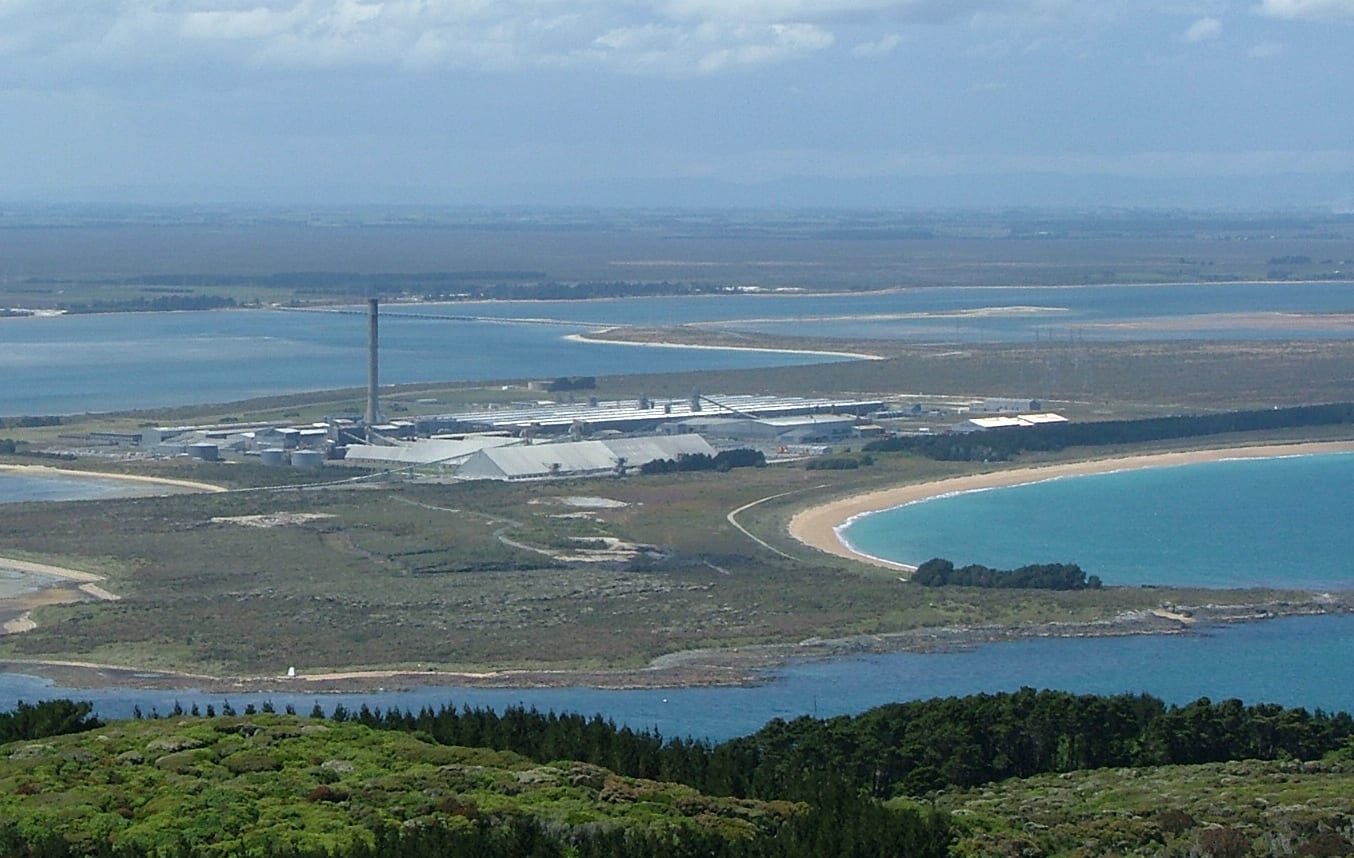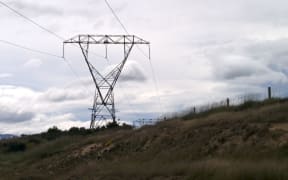Contact Energy says it is selling its electricity at a cheap price to the Tiwai Point aluminium smelter partly to help it stay in business.

Tiwai Point aluminium smelter Photo: Wikicommons
This information was confirmed when the company unveiled its six monthly result in Wellington yesterday.
The smelter has a contract for 572 megawatts of power with Meridian Energy, but Contact Energy sub contracts to provide 80 megawatts of that.
The price is confidential.
But the company's chief executive, Dennis Barnes, confirmed yesterday that the price his company was paid by New Zealand Aluminium Smelters was lower than it could have got elsewhere.
"The way we costed it was to look at the marginal production through TCC (Taranaki Combined Cycle gas-fired plant)" he said.
"The marginal production through TCC is actually lower cost than the sale price to the smelter.
"So we don't make a loss on our production in any hydrological circumstances. However we don't have the opportunity to sell that power to what might be higher priced channels.
"But the benefit, of course, is the market-wide effect of the smelter staying."
Contact's chief financial officer Graham Cockroft put it another way, when asked if the lower price was worth it because 80 megawatts was a big sale to secure in one hit, and therefore had economies of scale.
"That's one benefit, but the wider benefit is clearly to encourage the smelter to stay," he said.
Pacific Aluminium, which owns 80 percent of the smelter, made a $67 million after-tax profit in the 2016 calendar year - the most recent available figures.
But after allowing for one-off payments and asset value changes, the company made $25m, less than half the level of the previous year.
The company has repeatedly blamed the cost of energy for its difficulties, chiefly transmission expenses, and it has threatened several times in the past to leave New Zealand.
The company uses one seventh of all the electricity in New Zealand.
Critics have argued that if the company shut down, New Zealand would be flooded with cheap electricity, to the benefit of general consumers.
But it would hit the major electricity companies in the bottom line.



